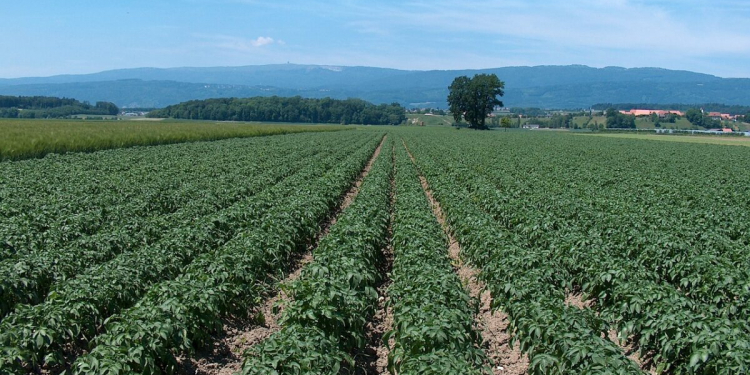The genetic potential of high yielding varieties can be achieved only if quality seed is used together with good agricultural practices (GAP). Research in several SSA countries has developed agronomic packages that go along with improved varieties. These, usually referred to as GAPs, however, are not adopted for a number of reasons such as: (1) lack of motivation and in many cases lack of awareness by smallholder farmers about the importance of implementing GAPs, and/or (2) the recommendations are not user, particularly female farmers friendly, and/or (3) the practices are resource intensive such as time which farmers do not have during growing seasons, and/or (4) they are expensive for smallholder farmers.
For these and other reasons, farm management differs from farm to farm, including in big farms depending on labor requirement and expected returns. In most countries in SSA, potatoes are traded on a weight or a bag/sac basis and better-quality potatoes do not necessarily fetch premium prices, so producers have no compelling reasons to deploy GAPs that increase production costs. On the other hand, failure to follow standard farm management practices leads to the production of potatoes with variable quality, making the produce unsuitable for processing or for sale to major supermarkets and high-end hotels and restaurants.
Farm management can be improved and appropriate crop techniques can be applied progressively through enhanced capacity building for creation of a viable potato value chain. Good crop techniques include soil and water conversation practices, optimized use of mineral and organic fertilizers, green manuring, mulching, intercropping, irrigation, integrated pest management (IPM), including crop rotation to help reduce utilization of pesticides to control insects and diseases that occur in intensive potato cultivation. These and other conservation agriculture (CA) techniques enhance natural biological processes enabling a sustainable potato production, while maintaining the natural resource base.
Kisima farm produces wheat and barley as its primary crops, but also produces oil crops pulses and others. It therefore uses crop rotation to ensure that the soil is not infested by contiuous production of potato. It employes soil and water conservation practices such as no tillage and direct drilling techniiques. It has also adopted the satellite guidance systems for precision agriculture.
Seed potato production in Kisima is fully mechanized (97% mechanized) from planting through to packaging. With this, application of recommended fertilizers, crop protection and other production practices are done more or less precisely. Since it provides optimum farm management practices and crop techniques, it produces high yields of quality seed potato.







